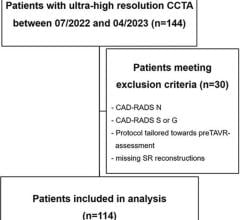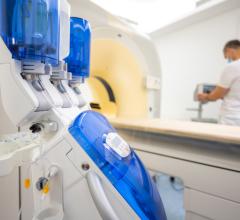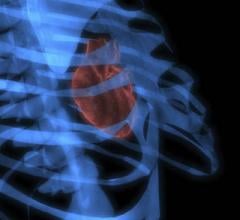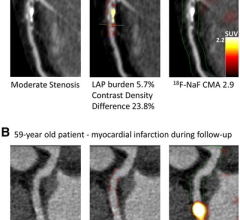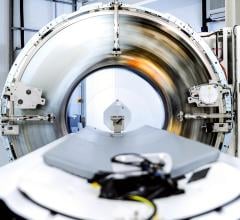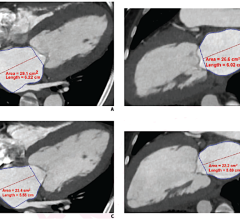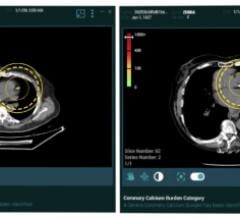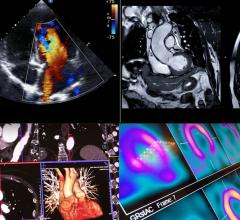September 15, 2008 - A study that looked at 375 patients who underwent nuclear stress testing at Henry Ford showed that in the majority of cases, 90 percent, physicians ordered the diagnostic imaging test appropriately using the updated 2007 Appropriateness Criteria of the American Society of Nuclear Cardiology (ACNC) and American College of Cardiology.
However, researchers also found that 21 patients should not have received the test because their patient profile and assessment didn't meet the test criteria under the guidelines. While these patients were considered low risk for nuclear testing, none required additional testing such as a cardiac catheterization and 95 percent of the scans in the group turned up normal.
Karthik Ananth, M.D., a Henry Ford cardiologist and the study's senior author, and cardiology fellow Natesh Lingam presented the findings Friday, Sept. 12 at the American Society of Nuclear Cardiology Conference in Boston.
While the Henry Ford study did not look at cost, researchers theorize there is potential for savings based on their findings. Further study will be required to determine the cost analysis, researchers say.
"We believe there is potential for substantial savings provided hospitals closely adhere to these test-appropriateness criteria for cardiac nuclear testing," says Dr. Ananth. "When followed, these criteria help physicians ensure the most effective use of cardiac nuclear testing and provide them simple clinical tools to filter out low-risk patients in whom unnecessary testing can be avoided."
In the study, Henry Ford researchers evaluated the practice patterns of their own cardiologists and non-cardiologists who ordered a cardiac nuclear test for patients between January-March 2007. The goal was to determine whether physicians adhered to the 52 criteria outlining when a test is appropriate or inappropriate.
The criteria aid physicians in identifying whether a patient should receive the nuclear test based on their medical profile. Of the 52, 27 indicators are listed for appropriate testing, 13 indicators for inappropriate testing and 12 indicators for uncertain, meaning testing may be acceptable but that additional research is needed to determine these criteria are appropriate or inappropriate.
These criteria were developed by an expert panel of physicians in response to a Medicare Payment Advisory Commission report showing that cardiac imaging services rose twice the rate of growth of other physician services from 1999-2003.
Source: Henry Ford Health System
For more information:
www.HeartFailureClinicalStudy.com

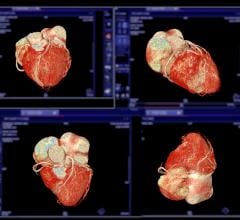
 March 07, 2024
March 07, 2024 
